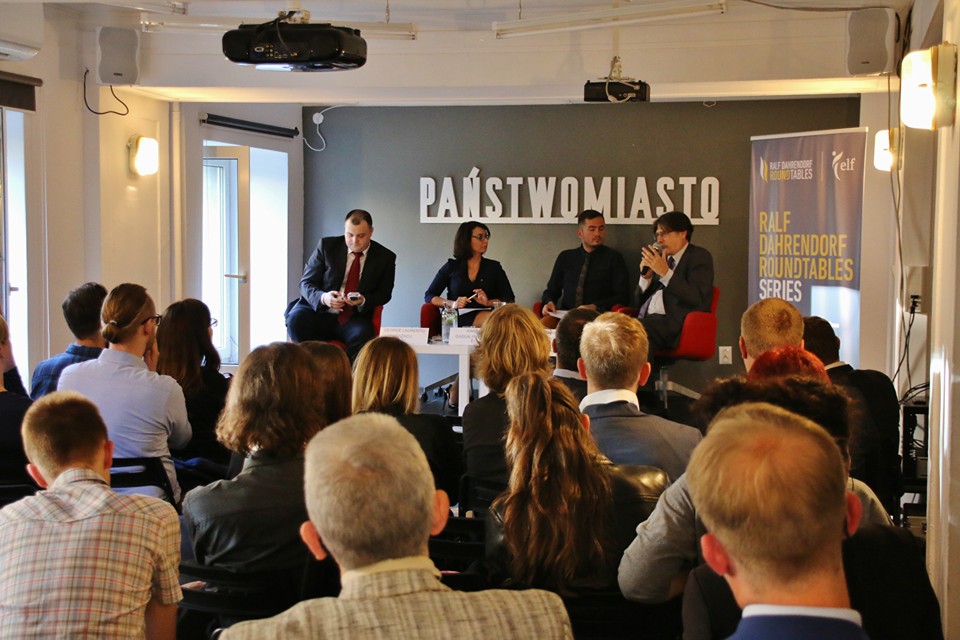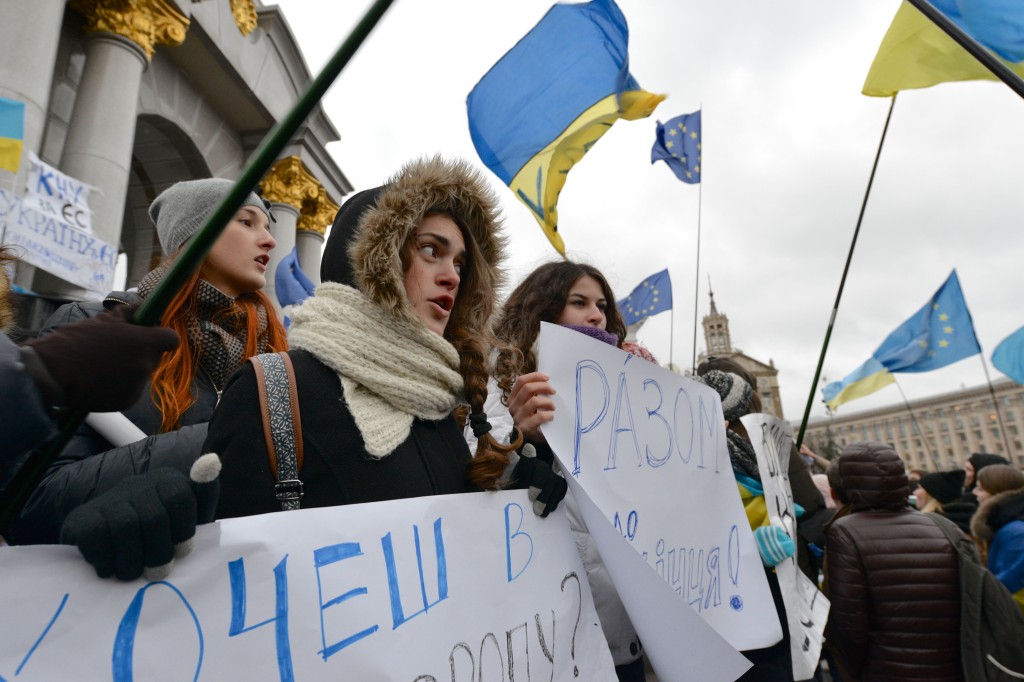
The Good, the Bad, and Brexit: The United Kingdom Never Fit in the EU in the First Place
BY
Yael Ossowski / June 29, 2016
On the fate of Great Britain in the European Union and Brexit, the people have spoken. A good number of them. Now, The Mob has been set loose, more vociferous than ever before. But it’s not what you may think.











